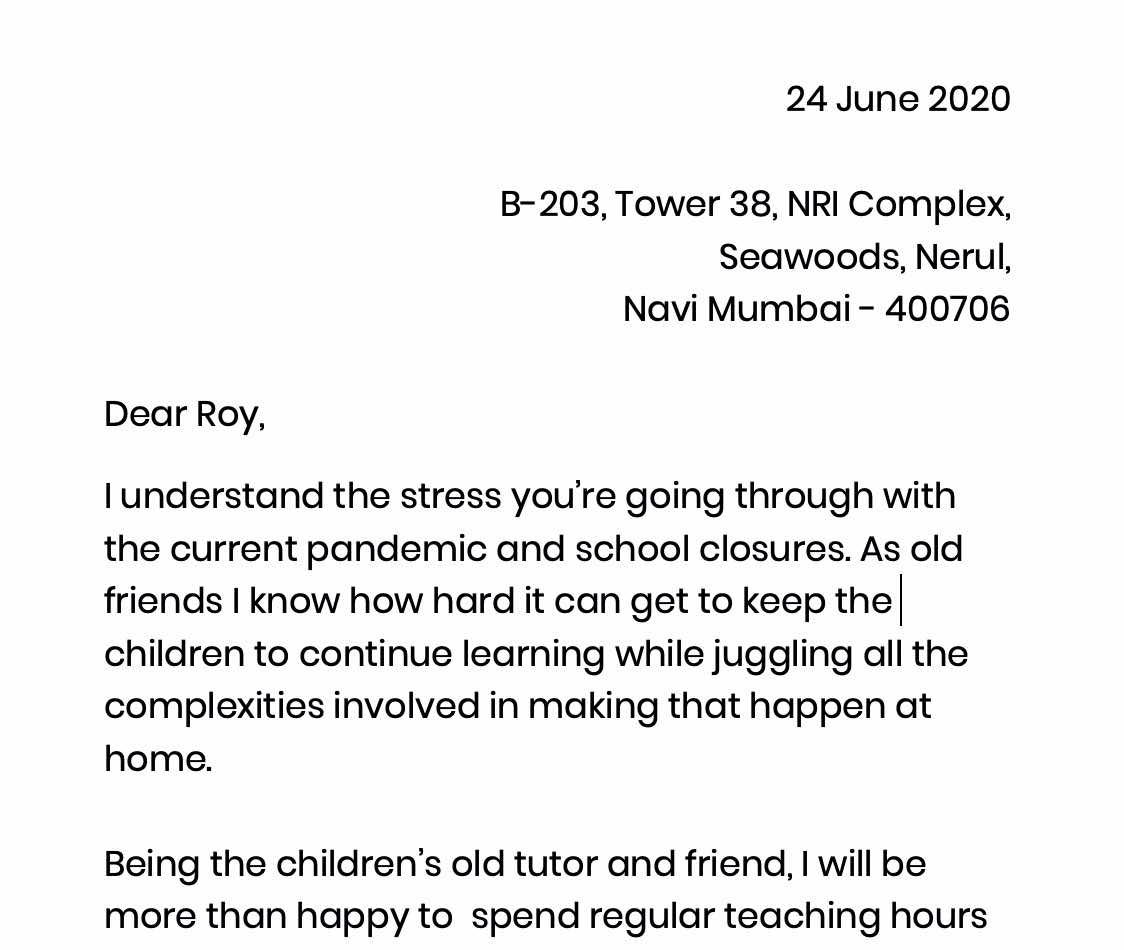Format to write an informal letter – Prepare to dive into the fascinating world of informal letter writing! Whether you’re penning a heartfelt note to a friend or crafting a casual email to a colleague, this guide will empower you with the essential tools to communicate effectively and authentically.
From understanding the unique characteristics of informal letters to mastering the art of expressing emotions and personal experiences, we’ll cover every aspect of this captivating writing style.
Informal Letters
An informal letter is a type of written communication that is typically used to convey personal messages or share information between friends, family members, or close acquaintances. It is characterized by its casual and conversational tone, as well as its flexibility in terms of format and structure.
Format and Structure
While informal letters do not adhere to strict formatting rules, there are certain elements that are typically included:
- Sender’s address: This is typically placed at the top of the letter, either on the left or right side.
- Date: The date is usually written below the sender’s address and can be formatted in various ways.
- Salutation: The salutation is a greeting that begins the letter and is typically followed by a comma. Common salutations include “Dear [Name]” or “Hi [Name].”
- Body paragraphs: The body of the letter contains the main message and can be divided into multiple paragraphs if necessary.
- Closing: The closing is a polite way to end the letter and is typically followed by a comma. Common closings include “Sincerely,” “Best regards,” or “Love.”
- Signature: The signature is the writer’s name, which is usually handwritten below the closing.
Content and Style
The content of an informal letter can vary widely depending on the purpose of the letter. However, it is generally written in a friendly and conversational tone. The writer may use colloquial language, personal anecdotes, or humor to make the letter more engaging and relatable.
When writing an informal letter, it is important to be mindful of the reader’s feelings and to avoid using offensive or insensitive language. It is also important to proofread the letter carefully before sending it to ensure that there are no errors in grammar or spelling.
Examples and Templates
There are many different ways to write an informal letter. Here are a few examples:
- A letter to a friend sharing news and updates
- A letter to a family member expressing love and support
- A letter to a colleague thanking them for their help
There are also many templates available online that can be used to help write an informal letter.
Special Considerations

There are a few special considerations to keep in mind when writing an informal letter:
- Using abbreviations or slang: It is generally acceptable to use abbreviations or slang in informal letters, but it is important to use them sparingly and to avoid using them if they might be confusing to the reader.
- Including personal anecdotes or humor: Personal anecdotes or humor can help to make an informal letter more engaging and relatable. However, it is important to use them sparingly and to avoid using them if they might be offensive or insensitive to the reader.
- Maintaining confidentiality: It is important to maintain confidentiality when writing an informal letter. This means that the writer should not share any personal information about the reader or other people without their consent.
Epilogue
With a firm grasp of the format, content, and special considerations involved in informal letter writing, you’ll be able to craft messages that resonate with your audience and leave a lasting impression. Embrace the power of words and connect with others in a meaningful and unforgettable way.
Q&A: Format To Write An Informal Letter
What are the key characteristics of an informal letter?
Informal letters are typically written to friends, family, or acquaintances and are characterized by a friendly and conversational tone, personal anecdotes, and a flexible structure.
How do I express emotions effectively in an informal letter?
Use descriptive language, specific examples, and authentic anecdotes to convey your feelings and experiences. Don’t be afraid to show your personality and let your emotions shine through.
What are some special considerations for writing informal letters?
Consider your audience, maintain confidentiality, and be mindful of using abbreviations or slang. Remember that the tone should be appropriate for the relationship and the purpose of the letter.